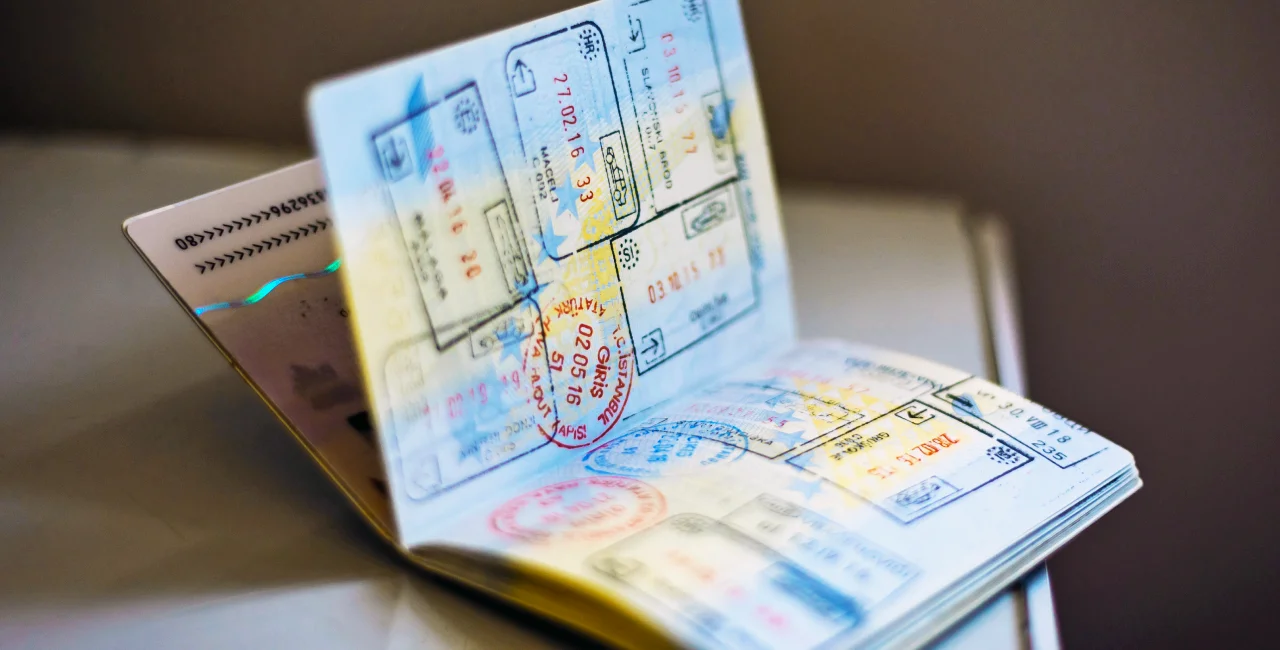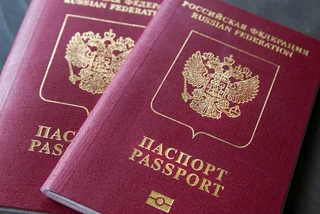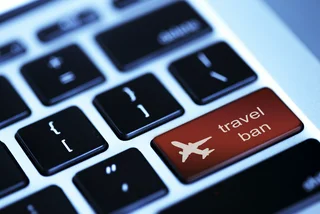Since the start of this month, the Russian Ministry of Foreign Affairs has made it easier for Czechs, as well as citizens from 55 other countries, to enter Russia. The introduction of an electronic visa (e-visa) option has eliminated the need for individuals to physically visit embassies for application purposes, ultimately simplifying the documentation process.
The e-visa, valid for a duration of 16 days, permits a one-time entry into Russia. The new system represents a significant shift in Russia's visa policy, offering convenience and efficiency to tourists, business travelers, and those undertaking humanitarian visits.
A move online
Applicants for the e-visa are required to provide personal information, details about their family, and – interestingly – links to their social media profiles. Unlike traditional visas, the process doesn't necessitate confirmation from travel agencies or invitation letters. The cost of the e-visa is approximately CZK 968. Payments are, notably, accepted in Chinese yuan – this is due to restrictions on Russian ruble-based payments.
Aspiring travelers can apply for the e-visa through the Russian Ministry of Foreign Affairs website. The streamlined process promises visa processing within four days without the necessity of visiting an embassy in person. Upon approval, applicants receive an email confirmation, which they can present upon arrival at any of the 51 airports or 32 designated border crossings authorized for e-visa entry.
The groundwork for this approach happened in 2020 when the relevant legislation was passed. However, the full implementation of the e-visa system was delayed until this year due to the disruptions caused by the Covid-19 pandemic and thereafter the widescale Russia-Ukaine war.
Separating diplomatic tension from tourists' plans
Interestingly, the e-visa program encompasses not only countries within the EU, but also Turkey, Saudi Arabia, North Korea, and even nations that Russia currently considers hostile. Speaking about the decision to include the latter, Russian Deputy Prime Minister Taťána Golikova emphasized the importance of separating diplomatic relations from individual travel opportunities.
On the flip side, tourists from Russia (including those with a Schengen visa) are still forbidden from entering Czechia. However, they can bypass the ban if they already hold long-term residence in an EU country and/or enter Czechia via non-air-travel means.
Russia’s new visa process underlines its intentions to draw in more tourists to the country – perhaps in an effort to generate revenue lost during its war in Ukraine.












 Reading time: 2 minutes
Reading time: 2 minutes 




























